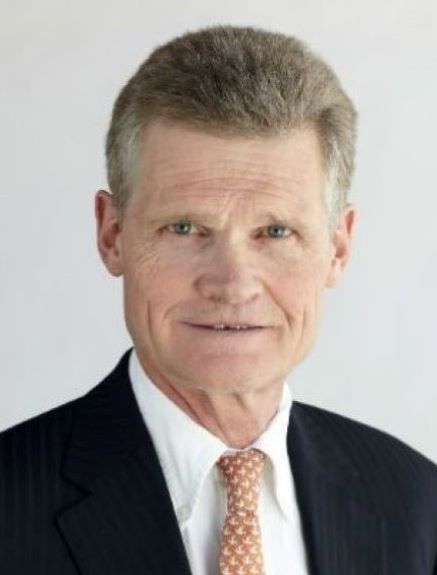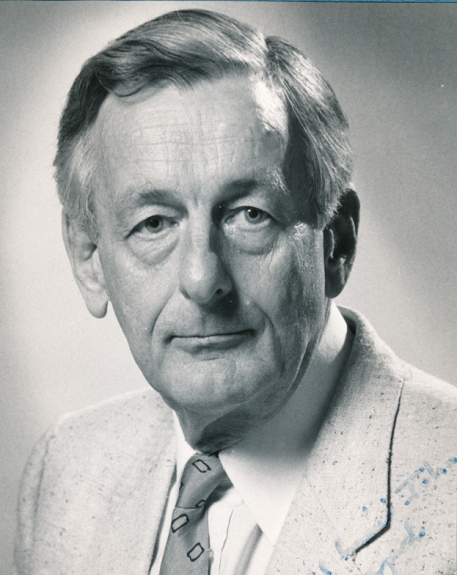2009 INDUCTEE Tak Wah Mak, PhD Cells, Genetics & Genomics, Infectious Disease, Allergy & Immunity, Cancer
October 4, 1945
(Southern China)
MSc, University of Wisconsin (1969)
PhD, University of Alberta (1972)
2023: Canadian Cancer Research Alliance Award
2023: Pezcoller Foundation - AACR Award for Extraordinary Achievement in Cancer Research
See All AwardsAwards & Honours:
2023: Canadian Cancer Research Alliance Award
2023: Pezcoller Foundation - AACR Award for Extraordinary Achievement in Cancer Research
2021: Szent-Györgyi Prize for Progress in Cancer Research
2018: CIHR Gold Leaf Prize
2015: Top 25 Canadian Immigrant Awards
2008: Order of Ontario
2008: Honorary DSc, University of Hong Kong
2008: Honorary MD, University of Rome
2005: International Honorary Member of the American Academy of Arts and Sciences
2004: The Paul Ehrlich Prize
2004: Honorary DSc, York University
2004: Honorary DSc, Ryerson University
2003: Killam Prize by the Canada Council for the Arts
2001: Honorary MD, University of Zurich, Switzerland
2000: Officer of the Order of Canada
1998: Novartis Prize in Immunology
1997: Robert Nobel Prize, National Cancer Institute of Canada
1996: The Sloan Award
1995: King Faisal Prize for Medicine
1994: Fellow of the Royal Society
1994: Cinader Award, Canadian Society for Immunology
1992: Honorary DSc, Laurentian University
1990: Royal Society of Canada's McLaughlin Medal
1989: Gairdner International Award for Science
1989: Honorary DSc, Carleton University
1988: Emil von Behring Prize
1986: Fellow of the Royal Society of Canada
1985: Steacie Prize
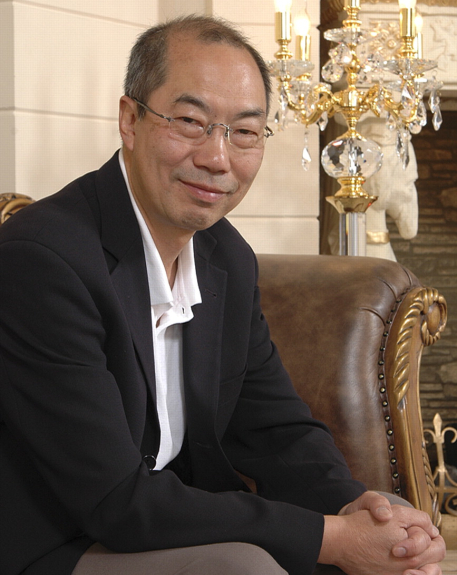
Discovered the characteristics of the T-Cell receptor
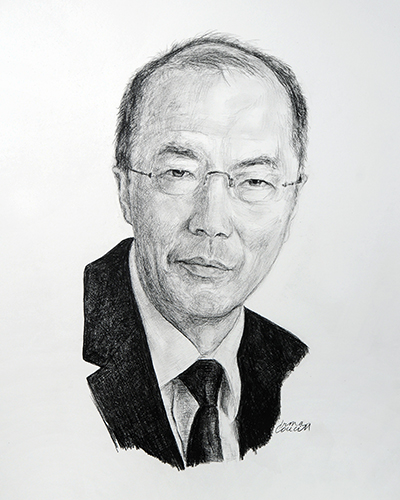
A major figure in the fields of molecular and cellular biology
In 1984, Dr. Mak solved one of the toughest problems in immunology – the structure of the T cell receptor for antigens. Until then, the nature of its antigen receptor had been unknown. In fact, the principal idea was that the T cell receptor was some unusual form of antibody.
Dr. Mak discovered that T cells actually use an entirely different set of genes for antigen recognition. He showed that the T cell receptor for antigen was, in many ways, analogous in design to antibodies, yet totally different in genetic origin and sequence. It is impossible to understate the importance and impact of this seminal discovery on all fields of immunology. The next twenty-five years saw Dr. Mak blaze a remarkable trail in the molecular biology of the immune system and in cancer.
Key Facts
Pioneered the development of genetically engineered mice
Led a team at Amgen that produced 20 patented molecular discoveries for use in drug development
Identified critical molecular pathways that are expressed in cancer cells
Discovered the function of multiple components of the innate and acquired immune system
Developed IHIFA—the first licensed drug specifically targeting cancer metabolism to be used for cancer treatment
Authored more than 1,000 publications and has been cited over 100,000 times
Professional timeline
Impact on lives today
From his ground-breaking discovery of T-Cell receptors in the 1980s to today, Dr. Mak’s legacy can still be felt. His laboratory remains at the forefront of the multiple fields of biological research that have a direct impact on public health across the world. In Canada, Dr. Mak has helped raise the profile of Canadian cancer research and has attracted substantial grant funding and donor gifts to the Princess Margaret Cancer Centre. In addition, the Weekend to End Women’s Cancers walks have raised over $145 million for Dr. Mak’s research. Through scientific excellence and unwavering commitment to immunology and cancer research, Dr. Mak continues to provide hope to thousands that a cure for breast cancer may one day be found.
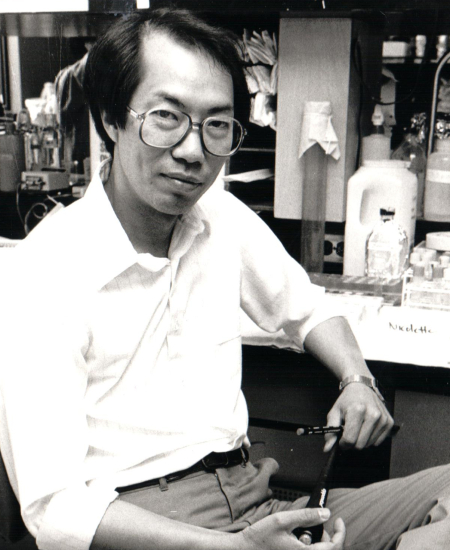
2025
-
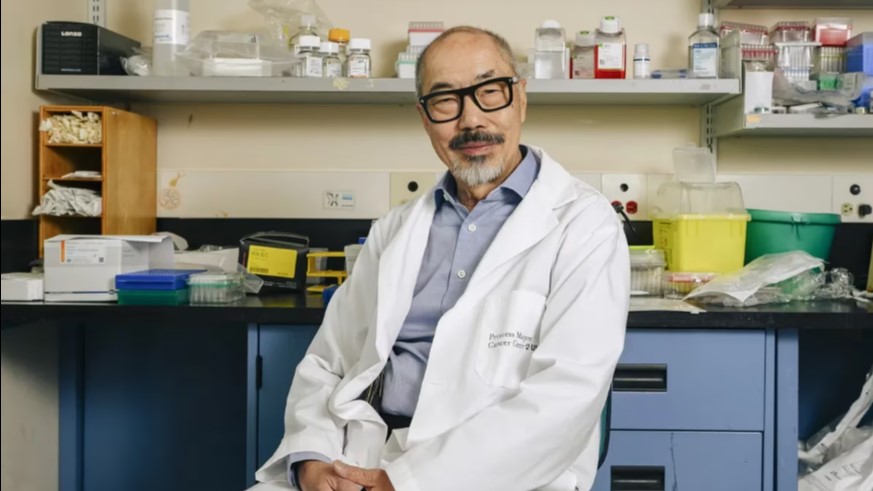
Dr. Tak Mak awarded prestigious scientific prize: The Pezcoller Foundation-American Association for Cancer Research International Award for Extraordinary Achievement in Cancer Research
CancerAt age 76, he has no plans to retire: "I don't have anything left to prove - except that cancer is not cured yet."
-
Tak Wah Mak inducted into the Canadian Medical Hall of Fame
Montréal, Québec
-

To help advanced practical applications of his scientific discoveries, Dr. Mak co-founded Agios Pharmaceuticals
CancerIn August 2017, Agios’ IDHIDA was approved for cancer treatment.
-
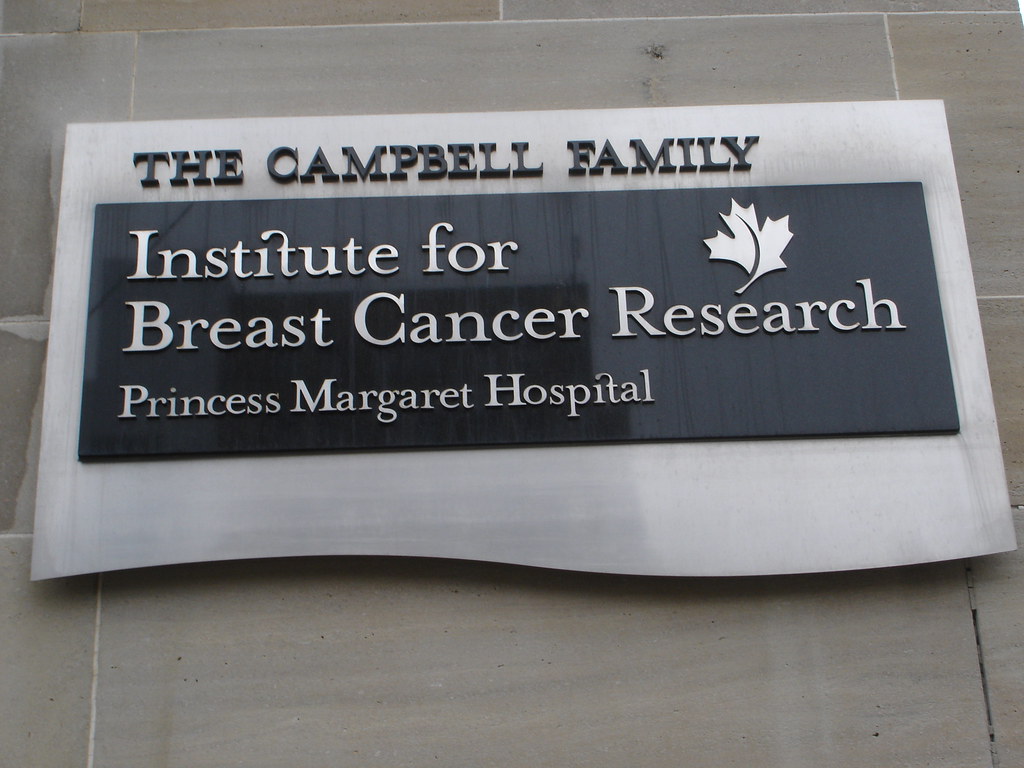
Tak Wah Mak became Director of the Campbell Family for Breast Cancer Research Institute at the Princess Margaret Hospital
Cancer, Cells, Genetics & GenomicsDr. Mak has earned international recognition by identifying critical molecular pathways that are expressed in cancer cells which begins to explain how these cells escape normal behaviour in terms of the control of growth and death.
-
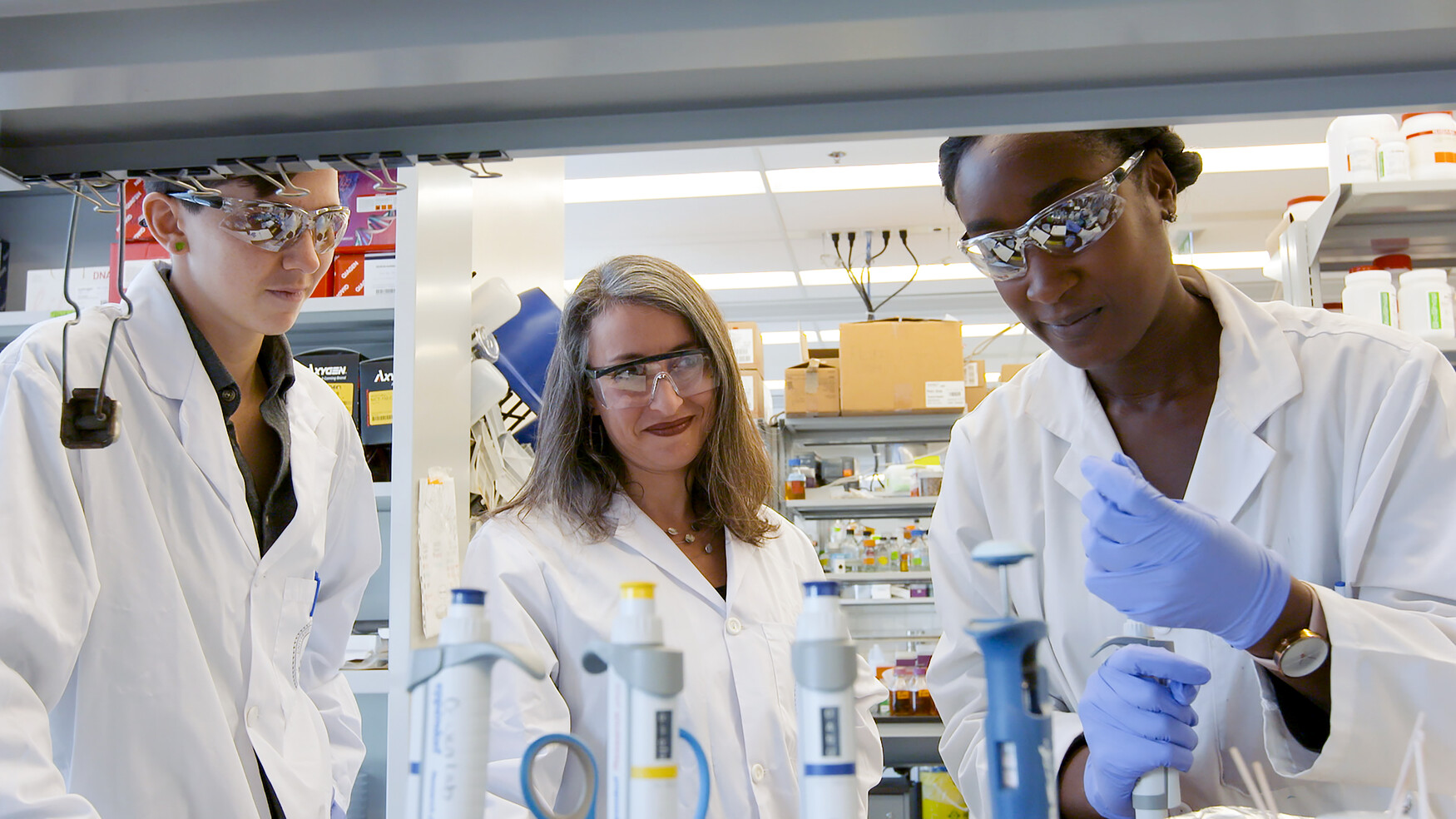
With support from the world’s largest independent biotech company, Amgen, Dr. Mak established the Amgen Research Institute in Toronto
Leadership in Organizational Development, Cells, Genetics & GenomicsHe established one of the finest academic drug research centres, which have identified two novel drug targets.
-
Began an over 20-year period as editor of multiple leading journals in immunology
Infectious Disease, Allergy & ImmunityThese journals included: The International Journal of Immunology; The Scandinavian Journal of Immunology; and The Immunologist.
-
Known as the “holy grail” of immunology, Dr. Mak discovered the structure of the T-Cell captor for antigens
Cells, Genetics & Genomics, Infectious Disease, Allergy & ImmunityHis discovery remains the basis of research in 5,000 laboratories around the world.
-
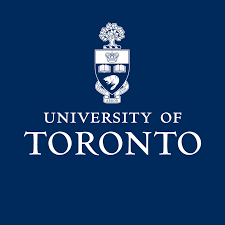
Dr. Mak joined the University of Toronto as an Assistant Professor in the Department of Medical Biophysics
Health and Medical Education & TrainingTen years later, he became a full professor in both the Departments of Medical Biophysics and Immunology.
-

After receiving his PhD, Dr. Mak moved to Ontario to become a Post-Doctoral Fellow at the Ontario Cancer Institute in Toronto
The following year, he became a member of the senior scientific staff.
1972
The only way I was happy was to do something very different.

